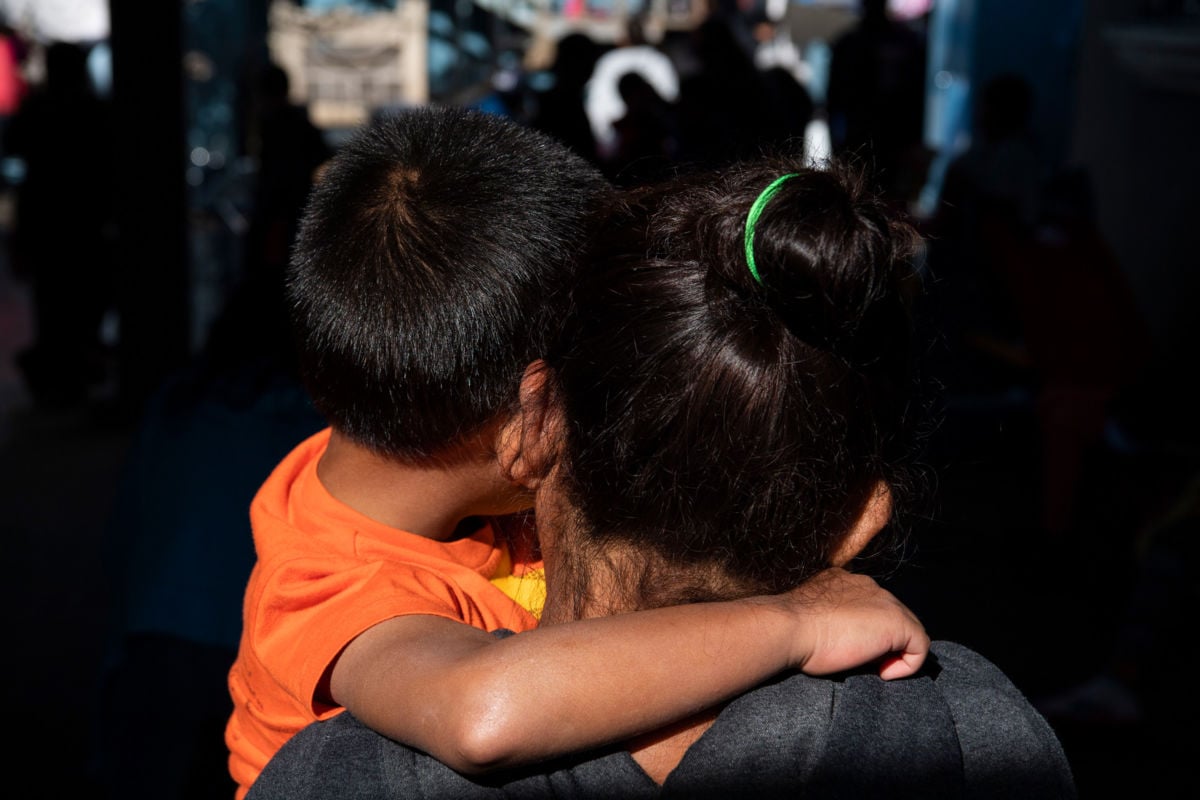Did you know that Truthout is a nonprofit and independently funded by readers like you? If you value what we do, please support our work with a donation.
The Trump administration wants to make people fleeing persecution in their home countries pay for something they’ve long gotten for free: the right to apply for asylum in the United States.
As an immigration attorney and a law professor who has represented people seeking asylum for over a decade, I believe this change, which could go into effect as soon as the summer of 2019, would be not just cruel but also unusual. At present, only Australia and Fiji charge fees to would-be asylum-seekers.
But making immigrants escaping harm and persecution shoulder the cost of processing their paperwork is in line with other trends in U.S. immigration law over the last several decades. Fees for everything from green cards to naturalization are not only common, but increasingly costly and mandatory.
“You must submit the correct fees or we will reject your form,” U.S. Citizenship and Immigration Services, the Department of Homeland Security agency that oversees these applications, warns on its website. It relies primarily on revenue from these fees to cover its entire budget.
Established Practice
Immigrants who have suffered past persecution, or who fear future persecution, on account of their race, religion, nationality, political opinion or particular social group may qualify for asylum. The process can take months or years. The nation’s immigration courts currently have a backlog of over 869,000 cases.
President Donald Trump often denigrates the asylum system, and asylum applicants.
“People want to come in. They shouldn’t be coming in,” he has said, telling asylum-seekers to “turn around.”
Yet this country is bound by both domestic and international law to provide protection to those fleeing persecution.
The U.S. is a signatory of United Nations treaties forged in 1951 and 1967 that spell out the rights of refugees and asylum-seekers. Immigration directives issued and laws passed after millions of Jews, Roma and others perished during the Holocaust established frameworks and systems for asylum applications and processes.
In short, the nation has legal obligations to allow non-citizens to seek asylum, and to vet and process those cases in accordance with domestic and international laws.
The asylum rules and regulations on the books originated in 1974 and were refined in 1980. Asylum law has evolved since then, explicitly without fees — even as fees became routine for other immigration applications.
The rationale for keeping it that way is simple: The ability to pay should never stand in the way of refugees and asylum-seekers obtaining the protection to which they are legally entitled.
Immigration Tolls
Meanwhile, fees for other kinds of immigration applications have been rising for years, becoming increasingly onerous.
Applying for naturalization, the process by which immigrants with legal status become citizens, cost US$35 in 1985 — the equivalent of $83 today after accounting for inflation. But the price tag for that same application is now $640 — eight times more. And that doesn’t include the mandatory $85 fingerprinting fee.
Waivers are available in some cases. But as a result of this sticker shock, many longtime lawful permanent residents, such as immigrants with green cards, can’t afford to become citizens despite their eligibility, interest and strong ties to this country through their families, businesses, religious engagement and community involvement.
While some immigration lawyers represent clients pro bono, meaning for free, such services are scarce. Lawyers’ fees, therefore, can add to the burden as well.
What Happens Next
Are asylum fees inevitable? Not necessarily.
Trump has asked the Department of Homeland Security and the Justice Department to establish asylum fees and make work authorization harder to obtain than it already is for asylum-seekers by the end of July.
Yet the time frame is unclear. These changes are subject to official rule-making procedures — and very likely lawsuits — all of which will delay the policy’s implementation beyond the requisite 90 days, or even halt it. Likewise, many of the other obstacles the Trump administration has placed in the path of asylum-seekers, such as forcing them to wait in Mexico for their hearings and instructing authorities responsible for screening applicants to become more confrontational during preliminary interviews, might not withstand court challenges.
Through it all, one thing is clear. Most asylum-seekers come with nothing. What little savings they have are often used to pay for their journey to the United States, as well as their basic needs upon arrival.
If they are detained by Immigration and Customs Enforcement, or ICE, and fortunate enough to have the opportunity and ability to get out on bail, any of their remaining funds are quickly depleted.
Making it harder for asylum-seekers to access protection is sure to leave many in dire straits.
Press freedom is under attack
As Trump cracks down on political speech, independent media is increasingly necessary.
Truthout produces reporting you won’t see in the mainstream: journalism from the frontlines of global conflict, interviews with grassroots movement leaders, high-quality legal analysis and more.
Our work is possible thanks to reader support. Help Truthout catalyze change and social justice — make a tax-deductible monthly or one-time donation today.
